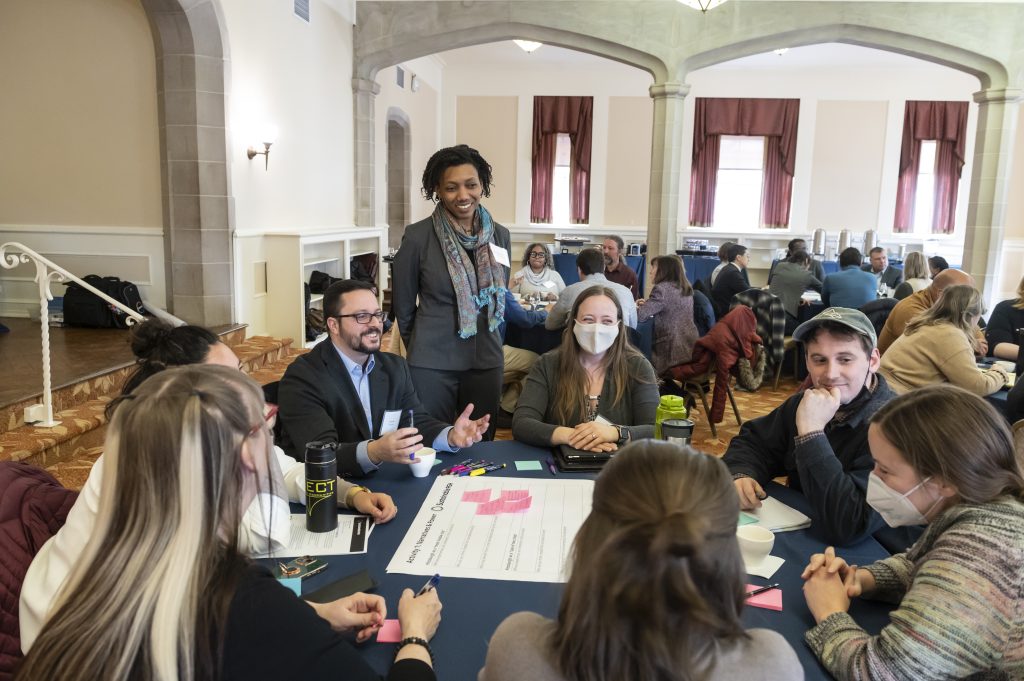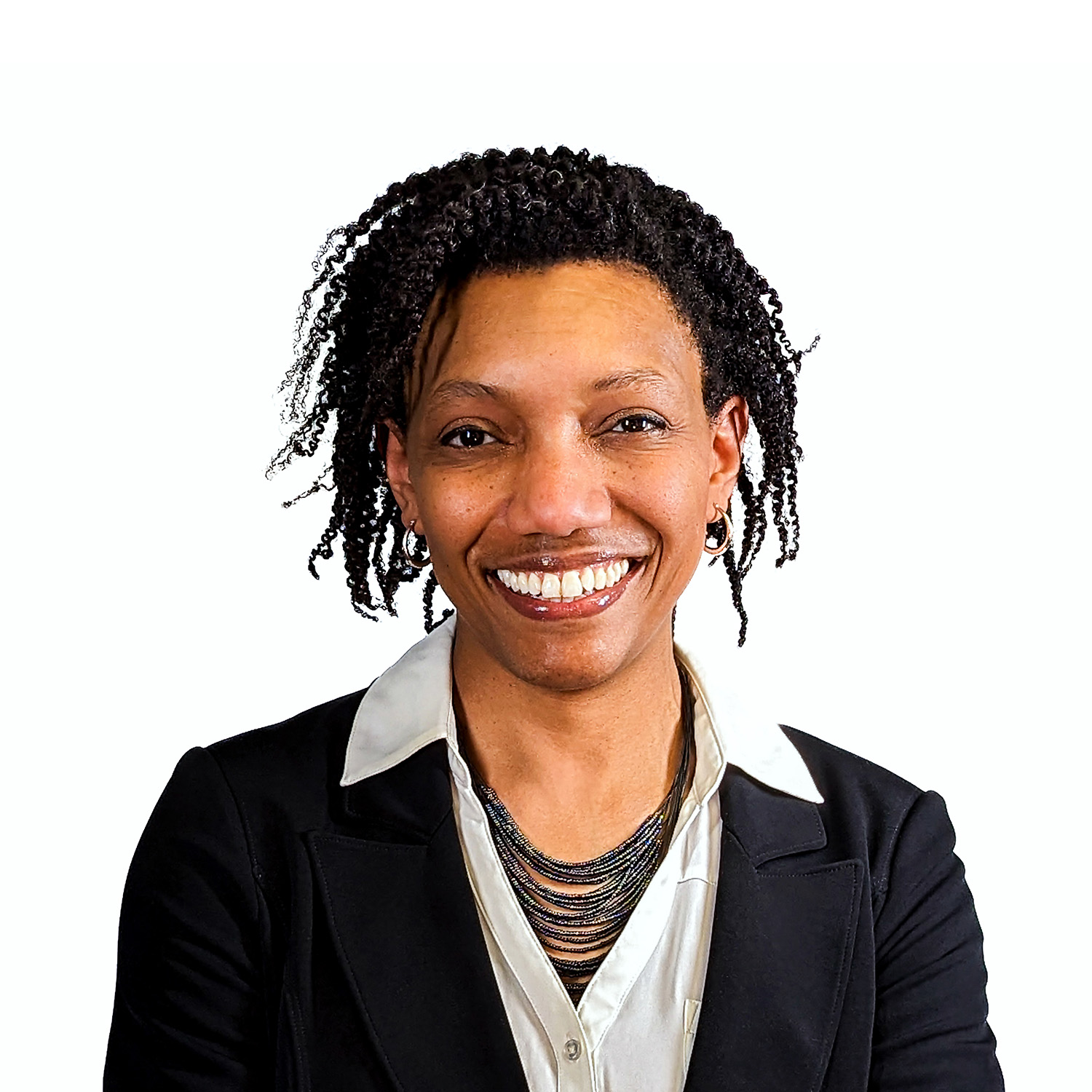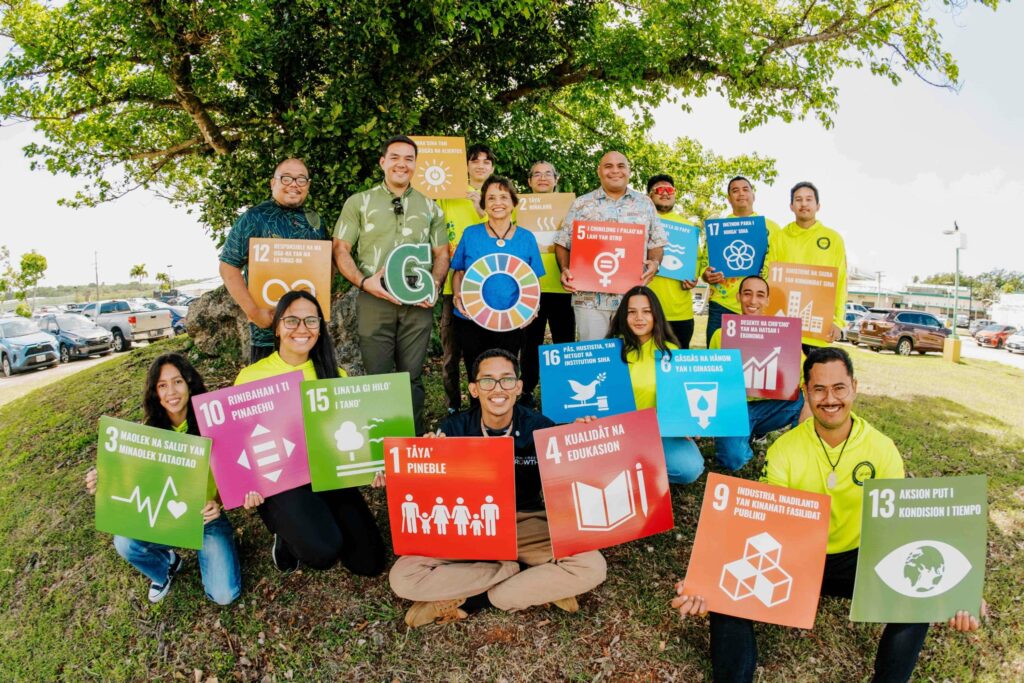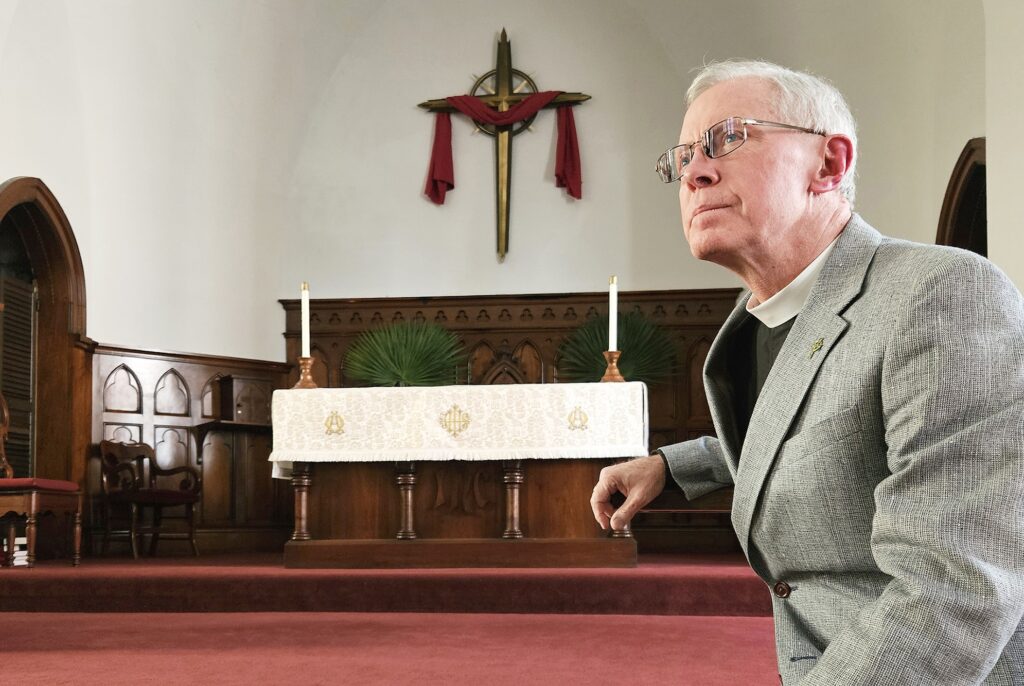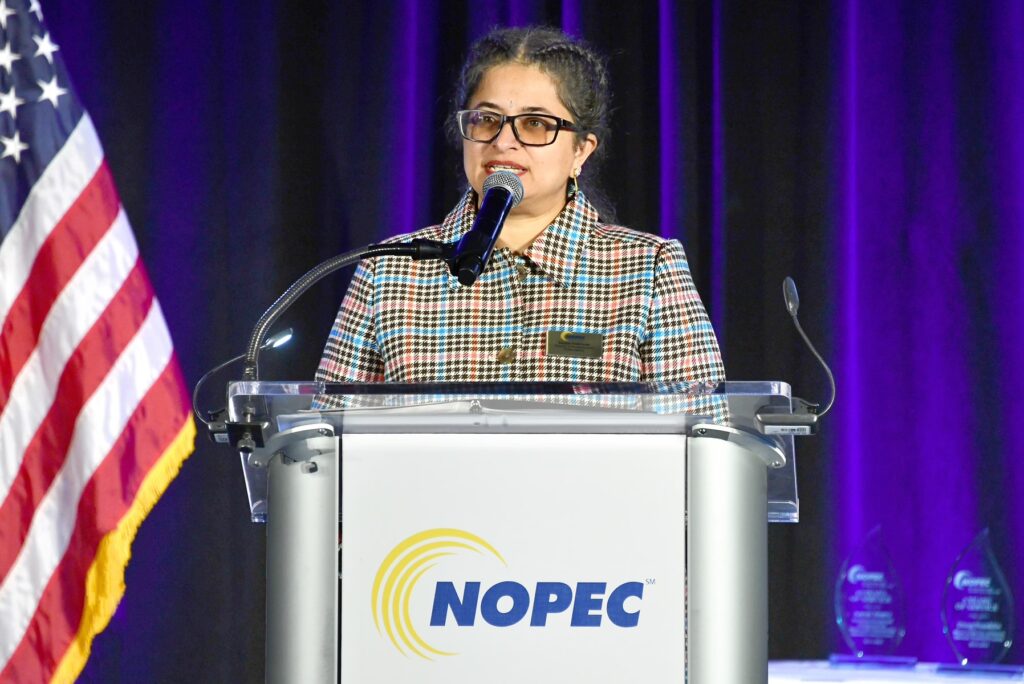Nowadays, Joylette Portlock doesn’t need to explain what “sustainability” means. But when the non-profit she oversees first launched more than 25 years ago, the word had yet to become a household term.
Since 1998, Sustainable Pittsburgh has served a 10-county region in southwestern Pennsylvania, including the Steel City. Unlike other NGOs with a narrower focus, Sustainable Pittsburgh is unique in its commitment to sustainability in the broadest sense — from access to clean water (SDG 6) and decent jobs (SDG 8) to sustainable production and consumption (SDG 12). This multifaceted mission reflects one of the most powerful aspects of the SDG framework: Our most urgent problems are interconnected, so the solutions must be too.
Sustainable Pittsburgh’s comprehensive, systems-level approach proved crucial during the COVID-19 pandemic, which wreaked havoc on the most vulnerable while revealing just how interrelated our societies — and supply chains — have become. In southwestern Pennsylvania, as elsewhere, the global shutdown in spring 2020 led to huge economic losses for the city’s residents, especially those working minimum-wage jobs without benefits. Ironically, the same people who earned a living in food service and food production were disproportionately pushed into poverty and food insecurity.
In response, Joylette and her team at Sustainable Pittsburgh co-launched Allegheny Eats, a meal kit program that brought together local farmers, residents, and restaurant owners to help put food on the table for the area’s most vulnerable. Ingredients for the meal kits were partially sourced from 15 local farms and food producers prepared by six local restaurants. Proceeds funded free meals for out-of-work service industry professionals negatively impacted by the pandemic. The city of Pittsburgh; CRAFT at Chatham University and 412 Food Rescue, a local nonprofit that redistributes surplus food from restaurants and grocery stores, were among the 10 local partners who co-led this innovative, cross-sector initiative.
“You can’t talk about climate without talking about education, without talking about the economy, without talking about equity,” Joylette said during a discussion with the World Affairs Council of Pittsburgh in 2020. “These things are all tied together. … If we really want to see these changes, we have to start creating new and better and deeper collaboration.”
By M.J. Altman, United Nations Foundation

